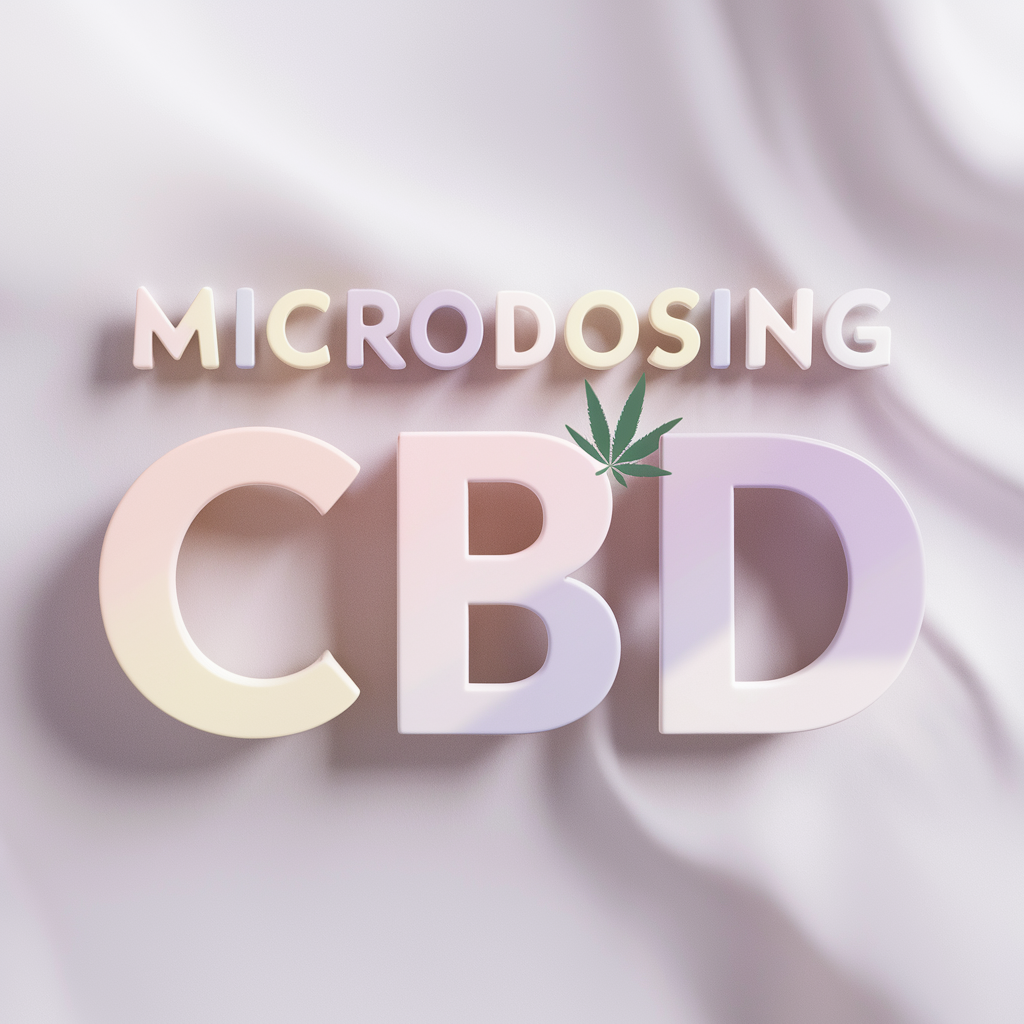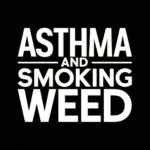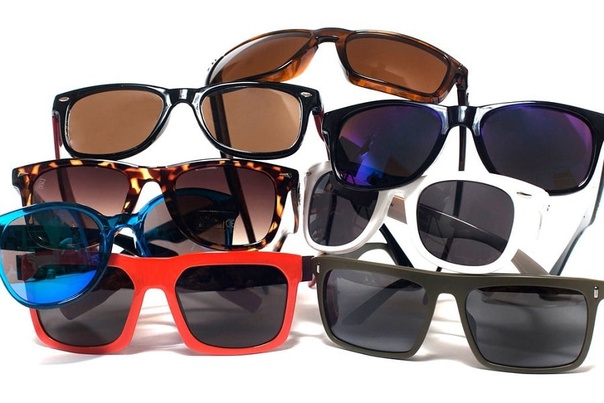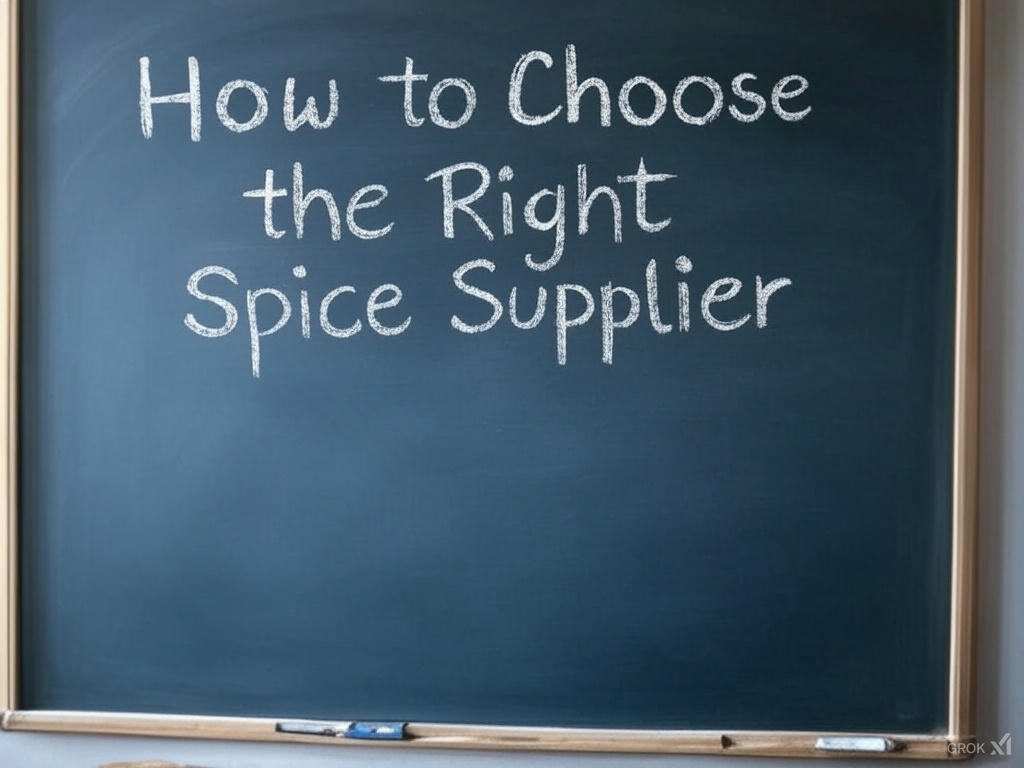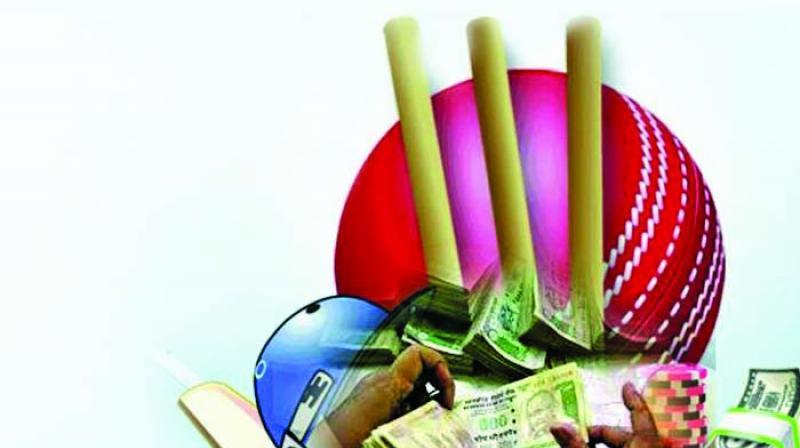A growing trend among enthusiasts of alternative health is microdosing CBD, or taking small doses of the cannabinoid on a regular basis for therapeutic effects. This is said to enhance mood, creativity, focus, and relaxation. Instead of consuming large doses of CBD to achieve the desired effect without running the risk of psychoactive side effects like sedation or anxiety, many opt to microdose the compound throughout the day.
It’s also advisable to speak with a medical marijuana doctor before beginning a medicinal marijuana regimen. Your physician will inform you about marijuana laws and safe uses.
What is microdosing?
Microdosing is the practice of administering small doses of medication to promote wellness without affecting cognitive function. A growing number of people have taken small doses of psychedelics, such as LSD and psilocybin, in recent years due to their purported benefits, which include improved creativity and alleviation of depression.
It is less common to microdose CBD than psychedelics. Even so, more and more people are experimenting with low dosages of this hemp-based substance in order to achieve effects like anxiety relief without running the risk of experiencing the drowsiness that comes with high doses.
The primary distinction between microdosing with psychedelics and CBD is that the former is typically done several times a day, while the latter is done only a few times per week. Additionally, CBD is not as psychoactive as psilocybin or LSD. Moreover, a daily dosage may be necessary for some conditions (like arthritis) in order to control symptoms like chronic pain and insomnia.
You need an MMJ card in order to use marijuana for medical purposes, as it gives you legal access to the drug and protects you from any negative legal repercussions. Getting your medical card is easy; all you have to do is apply online while relaxing at home.
Potential Benefits of CBD Microdosing
Potential advantages of CBD microdosing include:
- Increased focus
- Increased creativity
- Heightened relaxation
- Better sleep
These advantages are said to arise without the unintended psychoactive effects that many people who consume THC may experience. CBD does, however, elicit psychoactive drug properties by changing mood, perception, and alertness, which vary depending on the dosage and the individual. This is in contrast to THC, which profoundly alters people’s mental states.
While lower doses of CBD have mildly stimulating effects, higher doses can lengthen the amount of time spent sleeping. Therefore, CBD microdosing might be the ideal regimen to prevent any possible drowsiness.
Unbelievably, though, CBD can also have the opposite effect; a study using low doses of about 15 milligrams showed some modest improvements in sleep. It may take some trial and error to determine the ideal quantity and frequency because every person’s body is unique.
The main advantage of testing CBD microdosing is avoiding the potentially sedative side effects of a single high-dose administration, even in the case of anomalies. Additionally, compared to taking a larger dose of CBD in the morning that might wear off in the afternoon, microdosing provides a more constant level of support for the body’s endocannabinoid system.
Avoiding undesirable bodily side effects is another advantage of low CBD dosages. While excessive CBD doses are safe, they may result in sweating, nausea, dry mouth, or dizziness. A more gentler option would be to use a lower dosage of CBD and administer it by microdosing several times during the day.
Who Can Benefit from Microdosing CBD?
Anyone looking for symptom relief for anxiety, stress, inflammation, and muscle spasms may find that microdosing CBD is appropriate. Small daily doses of CBD may also help those seeking increased concentration and creativity.
Research and anecdotal evidence
A case study demonstrated that after a traumatic brain injury, combining THC and CBD microdoses can reduce muscle spasms. The results could be attributed to the neuroprotective and anti-inflammatory properties of CBD. According to the findings of an investigational review paper, low oral dosages of CBD may be therapeutically beneficial for lowering anxiety and having anti-addiction effects.
Furthermore, data from mice indicates that low-dose CBD administration over time affects anxiety alleviation.
This opinion was expressed in a Reddit review, which said, “I have been taking 5 milligrams in the morning and 5 milligrams at night with no sedative effect at all. Considering that my primary reason for taking CBD is to treat my anxiety, I believe it has helped.
Because of its stimulating qualities at low doses, CBD microdosing may also improve energy, focus, and creativity.
How do I microdose CBD?
Everybody will experience CBD microdosing a little bit differently. According to certain sources, an adult microdose should not exceed 2.5 mg.
Small CBD dosages, however, can vary from 1 mg to 5 mg or more, contingent upon the individual’s tolerance and intended results. Most people take it a few times a day to maintain the effects from morning to night by taking their optimal microdose.
Usually, CBD microdosing begins in the morning and is continued as needed throughout the day as the effects wear off. To begin with, new users of CBD should take between one and five milligrams and wait a few hours to experience any effects. If more is required, it should be added gradually until the intended outcomes are reached.
Furthermore, there are various methods for obtaining a microdose of CBD, such as vaping and ingesting edibles, oils, or tinctures. Therefore, experimenting a little bit may help you identify your personal microdosing sweet spot.
- Vaping
Since vaping produces almost instantaneous results and has the fastest absorption rate, it is a popular method of delivering microdoses of CBD. However, the effects also wear off much faster than with other methods (like edibles and oils), usually within a few hours, depending on the dosage. Those who decide to vape CBD should select a reliable brand because there are possible health hazards to the lungs associated with this method.
How to do it: An approximate CBD microdose can be obtained by taking a single puff for one to three seconds. When the effects begin to wear off, users should take additional doses.
- Edibles
Edible forms of CBD, such as cookies, bars, and gummies, take one to two hours to start working and can last up to eight hours. Because of its long-lasting effects, this ingestion option is preferred by many people. Additionally, edibles are tasty, covert, and simple to dose.
For example, single-serve treats like CBD gummies are readily available in this exact dosage for those who wish to microdose 5–10 milligrams of CBD at a time. The edibles can be divided into several pieces for those who would prefer to start with a lower dosage.
How to do it: Take the recommended dosage at first, then wait two hours or longer before taking any more. Remember that edibles stay in the system longer than other product types, so repeat as needed throughout the day.
- Oils and Tinctures
When taking CBD tinctures or oil sublingually (under the tongue), absorption happens relatively quickly, making microdosing an excellent approach. The effects can start to manifest in as little as 15 to 30 minutes and last for up to 6 hours.
Because the strength per serving must be calculated in order to determine the strength per drop, microdosing CBD oils or tinctures can be challenging. However, this approach is the most dependable for long-term, steady dosage.
How to do it: CBD tinctures are typically sold in 15- or 30-milliliter bottles containing 100–5000 mg of CBD or more per bottle. Typically, one milliliter of oil or one complete dropper is served.
Divide the total milligrams in the bottle by the number of servings to determine the strength per serving. Dosage measurements are typically included on tincture droppers to make sure the proper amount is taken.
Find out how many drops there are in one milliliter of oil first. Divide the total by the strength of each serving. One milliliter of oil containing 30 mg of CBD can hold about 1.5 mg of CBD per drop when using a dropper with 20 drops.
Depending on the CBD concentration, start with 1 to 5 drops and repeat.
The Bottom Line
You can elevate your mood, lower stress levels, and sharpen your focus without experiencing the intoxicating effects of THC by microdosing CBD. Vaping, edibles, and tinctures can all be very effective CBD microdosing techniques. However, a wide range of additional goods, including drinks, transdermal patches, pills, and capsules, may also be effective.
When beginning a new microdose regimen, start modest with 1–5 mg of CBD and proceed cautiously. Once you’ve established your ideal microdosing threshold, keep going as needed throughout the day.
